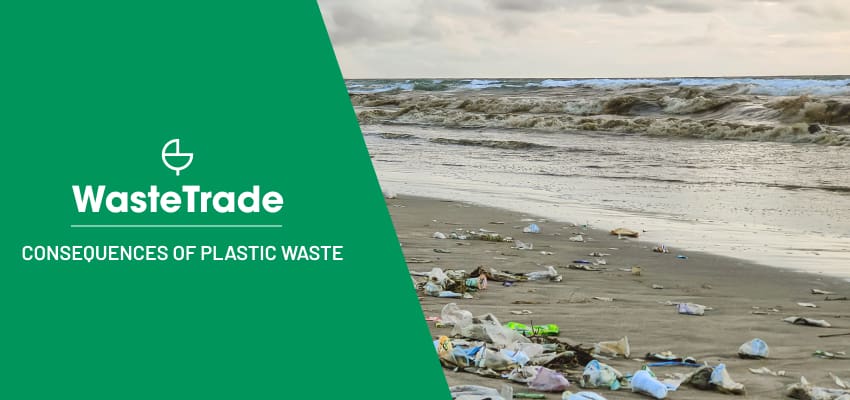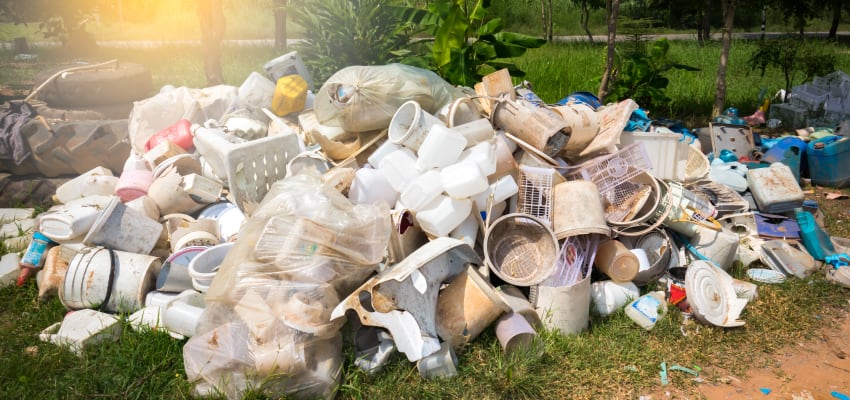Consequences of Plastic Waste

Plastic waste is a significant environmental problem worldwide, with dire consequences for both human health and the planet’s ecosystem. The effects of plastic waste are numerous, and they continue to threaten our environment.
Plastic waste pollution is a serious issue that affects the entire planet. The following sections will outline the different ways in which plastic waste impacts the environment, wildlife, and human health.
Environmental Impacts of Plastic Waste

Plastic waste is harmful to the environment in several ways. Firstly, plastic waste does not decompose naturally, and it can take hundreds of years to break down, which means that plastic waste accumulates in the environment. This accumulation of plastic waste leads to the following environmental issues:
- Soil contamination: Plastic waste can contaminate soil, making it unsuitable for agriculture, resulting in a loss of fertile land.
- Air pollution: Burning plastic waste releases toxic fumes into the atmosphere, which can have adverse effects on human health and the environment.
- Water pollution: Plastic waste dumped into rivers and oceans pose a significant threat to marine life, causing entanglement, ingestion, and habitat destruction.
Wildlife Impacts of Plastic Waste

Plastic waste can harm wildlife in many ways. Wildlife is increasingly exposed to plastic waste, leading to the following issues:
- Ingestion: Wildlife, including marine life, can ingest plastic waste, leading to digestive problems, starvation, and even death.
- Habitat destruction: Plastic waste often accumulates in the natural habitats of wildlife, causing habitat destruction and interfering with the food chain.
- Entanglement: Wildlife, including marine animals, can become entangled in plastic waste, causing physical injuries and even death.
Health Impacts of Plastic Waste
Plastic waste also poses a significant threat to human health. The following health issues arise from exposure to plastic waste:
- Chemical exposure: Exposure to plastic waste can cause toxic chemicals, including Bisphenol A (BPA) and phthalates, to enter the human body, leading to hormonal disruption, developmental problems, and even cancer.
- Microplastic ingestion: Microplastics, which are tiny plastic particles, have been found in food and water, leading to the ingestion of these particles by humans, which can lead to unknown health effects.
Conclusion
The effects of plastic waste are clear, and they continue to pose a significant threat to our environment, wildlife, and human health. We must take action to reduce plastic waste, including recycling, reducing the use of single-use plastics, and proper disposal of plastic waste. The future of our planet depends on how we handle plastic waste. Let us make a conscious effort to reduce our plastic waste footprint and take steps towards a sustainable future.
